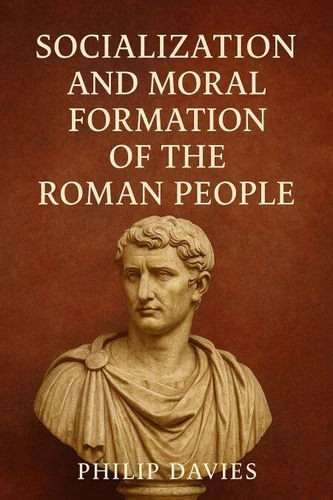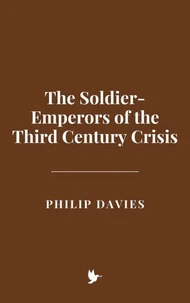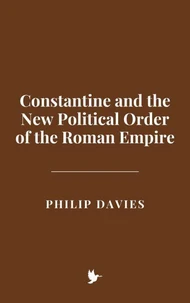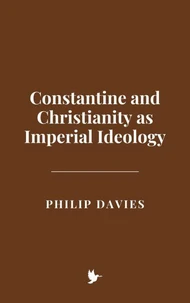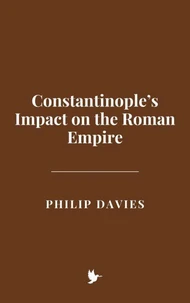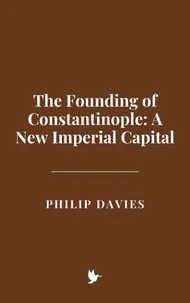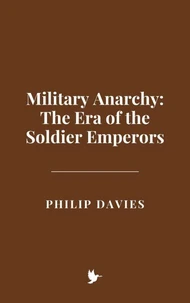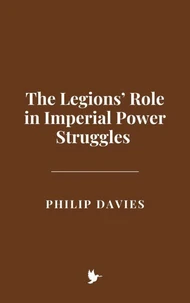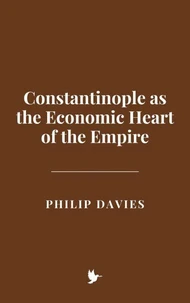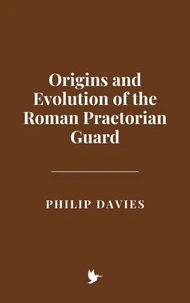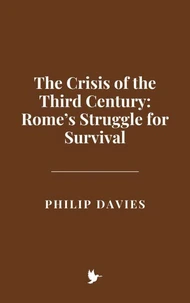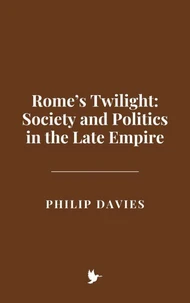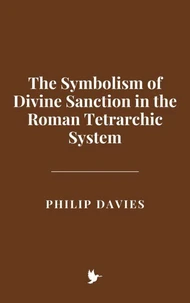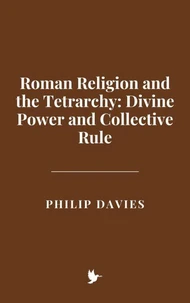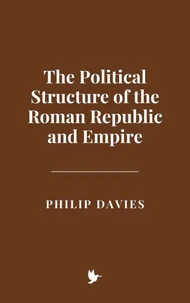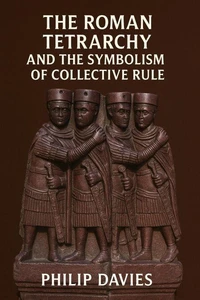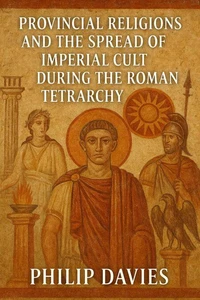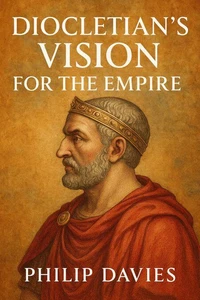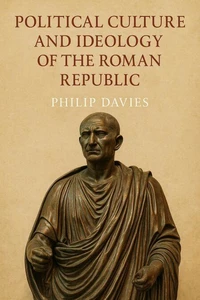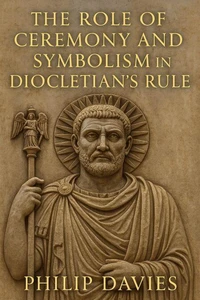Socialization and Moral Formation of the Roman People
Par :Formats :
Disponible dans votre compte client Decitre ou Furet du Nord dès validation de votre commande. Le format ePub est :
- Compatible avec une lecture sur My Vivlio (smartphone, tablette, ordinateur)
- Compatible avec une lecture sur liseuses Vivlio
- Pour les liseuses autres que Vivlio, vous devez utiliser le logiciel Adobe Digital Edition. Non compatible avec la lecture sur les liseuses Kindle, Remarkable et Sony
 , qui est-ce ?
, qui est-ce ?Notre partenaire de plateforme de lecture numérique où vous retrouverez l'ensemble de vos ebooks gratuitement
Pour en savoir plus sur nos ebooks, consultez notre aide en ligne ici
- FormatePub
- ISBN8231277643
- EAN9798231277643
- Date de parution23/05/2025
- Protection num.pas de protection
- Infos supplémentairesepub
- ÉditeurWalzone Press
Résumé
"Socialization and Moral Formation of the Roman People" by Philip Davies offers a comprehensive exploration of how ancient Rome cultivated its distinctive moral and social identity. Drawing on a rich array of primary sources, historical narratives, and cultural analysis, this book examines the pivotal role of the family, education, public rituals, and military service in shaping Roman virtues such as pietas, virtus, fides, and gravitas.
It reveals how stories, myths, and moral exemplars transmitted ethical values across generations, intertwining private conduct with public duty. The book further investigates the dynamic tensions between public and private expressions of identity, gendered moral expectations, and the transformations wrought by political upheaval and cultural exchange. By tracing the enduring legacy of Roman moral formation, Philip Davies illuminates the foundations of Western ethical thought and civic responsibility, offering valuable insights into the processes that forge social cohesion and personal character in any society.
It reveals how stories, myths, and moral exemplars transmitted ethical values across generations, intertwining private conduct with public duty. The book further investigates the dynamic tensions between public and private expressions of identity, gendered moral expectations, and the transformations wrought by political upheaval and cultural exchange. By tracing the enduring legacy of Roman moral formation, Philip Davies illuminates the foundations of Western ethical thought and civic responsibility, offering valuable insights into the processes that forge social cohesion and personal character in any society.
"Socialization and Moral Formation of the Roman People" by Philip Davies offers a comprehensive exploration of how ancient Rome cultivated its distinctive moral and social identity. Drawing on a rich array of primary sources, historical narratives, and cultural analysis, this book examines the pivotal role of the family, education, public rituals, and military service in shaping Roman virtues such as pietas, virtus, fides, and gravitas.
It reveals how stories, myths, and moral exemplars transmitted ethical values across generations, intertwining private conduct with public duty. The book further investigates the dynamic tensions between public and private expressions of identity, gendered moral expectations, and the transformations wrought by political upheaval and cultural exchange. By tracing the enduring legacy of Roman moral formation, Philip Davies illuminates the foundations of Western ethical thought and civic responsibility, offering valuable insights into the processes that forge social cohesion and personal character in any society.
It reveals how stories, myths, and moral exemplars transmitted ethical values across generations, intertwining private conduct with public duty. The book further investigates the dynamic tensions between public and private expressions of identity, gendered moral expectations, and the transformations wrought by political upheaval and cultural exchange. By tracing the enduring legacy of Roman moral formation, Philip Davies illuminates the foundations of Western ethical thought and civic responsibility, offering valuable insights into the processes that forge social cohesion and personal character in any society.

